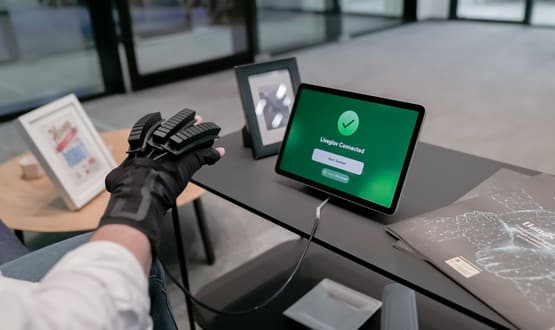Stroke patients set circus challenge
- 20 June 2012

Stroke experts at Newcastle University have developed a video game to help patients recover their motor functions.
‘Circus Challenge’ is the first in a planned library of games to help patients re-establish control of a weak arm and hand after a stroke.
The university claims that the PC-based game is the first to be specifically designed for patients to use at home.
Janet Eyre, professor of paediatric neuroscience, who also works at Newcastle upon Tyne Hospitals NHS Foundation Trust, set up a company called Limbs Alive to produce the games in association with a professional game studio.
“The brain can re-learn control of the weak arm but this needs frequent therapy over many months and there are not enough therapists to provide this on a one-to-one basis,” said Professor Eyre.
“Eighty per cent of patients do not regain full recovery of arm and hand function and this really limits their independence and ability to return to work.
“With our video game, people get engrossed in the competition and action of the circus characters and forget that the purpose of the game is therapy."
Circus Challenge uses wireless controllers and can be used by more than one player, allowing carers and friends to join in.
The game becomes more difficult as players gain more strength as their recovery progresses. Players can try at activities such as lion taming, juggling, plate spinning and flying the trapeze.
The project received a £1.5m grant from the Health Innovation Challenge Fund, a partnership between the Wellcome Trust and the Department of Health, to allow further development.
One patient, Danny Mann, 68, who suffered a stroke in February, said the game compared favourably with the “dull” exercises he had previously been instructed to complete.
“When I got the controllers I tried being a trapeze artist – something I never expected to try at my time of life,” he said.
The company also plans to develop games to assist therapy in other conditions such as cerebral palsy, chronic lung disease, dementia and type 2 diabetes.




